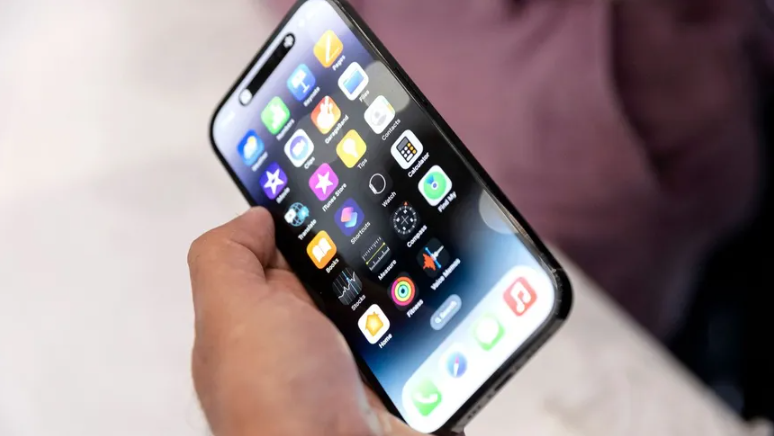
A group of researchers at Kaspersky has uncovered serious security vulnerabilities in iPhones that have been exploited against users for over four years.
The new vulnerabilities remained unknown to anyone outside of Apple and various chip manufacturers over the past years due to their severity and the potential authorities they could grant to attackers over victims’ phones.
The researchers stated in their report that they have not been able to determine how the hackers gained knowledge of these vulnerabilities to exploit them in creating a cyberattack through Apple’s instant messaging service, iMessage. The attack, known as “0-Click,” can be executed without any interaction from the victim through their phone.
The report, developed after over 12 months of investigation, highlighted that the main target of the attack, considered the most severe in iPhone history, is still unknown. Additionally, it is unclear how the hackers discovered these vulnerabilities in some of the physical components of Apple phones, and there is insufficient information on whether these components were manufactured by the American company itself or supplied by third-party companies.
According to Kaspersky’s report, the discovered vulnerabilities were confirmed to exist in hundreds of locally sold iPhone devices in Russia, some of which fell into the hands of the Russian security company’s researchers.
Kaspersky researchers confirmed that the cyberattack targeted a significant number of individuals involved in diplomatic tasks and within some embassies in Russia, according to the Russian government, which revealed the nature of the attack in June.
During their research spanning at least four years, Russian researchers found that the hacking process occurs when victims receive certain messages through the iMessage service. Malicious software is automatically installed after completing a series of background operations, away from the victim’s view, without anything unusual appearing on the phone screen or requiring any interaction.
After the victim’s phone is compromised by the new attack, a set of malicious software is installed, transferring a vast amount of data, such as using the phone’s microphone for recording, transmitting photos, and the user’s geographical data. This includes a large and diverse set of personal data from the victim’s phone, ultimately reaching servers of unknown origin controlled by the attackers.
Despite the complexity of the attack, users can completely terminate it by restarting their phones. However, this does not prevent the hacker from initiating a new attack by sending a new message via iMessage.
Although the new attack relied on exploiting four zero-day vulnerabilities unknown to the phone manufacturer or the information security community, and found by the hacker to be used against users, it was given the name “Operation Triangulation.”
In addition to targeting iPhones, according to Kaspersky researchers, these vulnerabilities were also found in Mac computers, iPod music players, iPad tablets, Apple TV, and Apple Watch devices. Apple has already patched all these vulnerabilities in previous software updates.
The interesting aspect of the new attack is that the malicious infiltration process succeeded in bypassing protection measures based on hardware components. Apple began using these measures since the iPhone A11 processor, aiming to protect the phone’s core memory from any attempts by hackers to run malicious code on the phone, even if they manage to control the underlying software layer of the operating system.
Leave a Reply